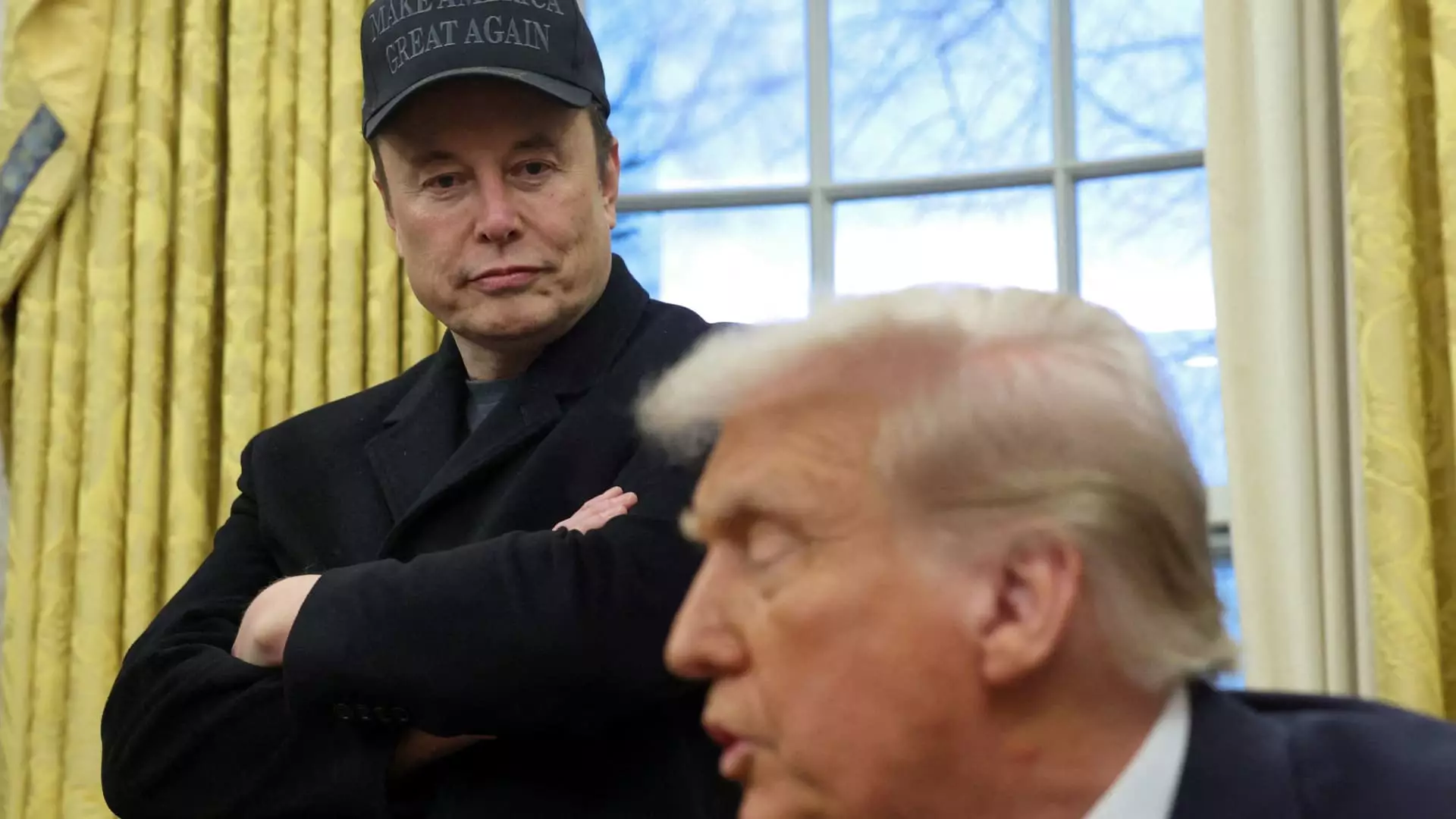The recent legal confrontation between Trump Media Group and Brazilian Supreme Court Justice Alexandre de Moraes has spotlighted critical issues surrounding free speech, international law, and the influence wielded by both digital platforms and state entities. This lawsuit encapsulates not just a disagreement over the freedom of expression but also points to larger implications for how individual rights are defended—or undermined—across borders.
Trump Media, the entity behind the conservative social media application Truth Social, has initiated a lawsuit against Justice Moraes in a Tampa federal court. The crux of the grievance hinges on allegations that Moraes attempted to curtail the expression of a politically vocal user affiliated with Rumble, a social media platform with conservative leanings. The lawsuit also highlights the interdependence between Rumble’s infrastructure and Truth Social’s operational capabilities, underscoring how a ruling against Rumble could directly stifle free speech on Truth Social.
Moreover, this legal action comes in the wake of turmoil in Brazilian politics. Former President Jair Bolsonaro faces serious allegations related to an attempted coup, which amplifies the atmosphere of tension surrounding free expression in Brazil. This context provides a backdrop for understanding why this lawsuit is more than just a corporate legal struggle; it resonates with wider societal issues regarding the safeguarding of democratic ideals across different political landscapes.
The legal argument put forth by Trump Media and Rumble asserts a vital principle: the impermissibility of foreign judicial orders impinging upon free speech protected under the U.S. Constitution. They argue that the orders from Justice Moraes represent a form of judicial overreach, seeking to enforce Brazilian law on users of an American social media platform. This stance highlights a significant concern regarding the extraterritorial reach of national legislation, particularly when it comes to digital communications that cross international borders.
Devin Nunes, CEO of Trump Media, articulated this sentiment affirming the company’s dedication to free expression. Yet, one cannot ignore the paradox encapsulated within this commitment. Trump Media and Rumble are platforms deeply rooted in political discourse that often promotes specific ideological viewpoints. The question arises: does this commitment apply uniformly, or does it favor certain narratives while suppressing dissenting ones?
This lawsuit not only raises critical questions about the sanctity of free speech but also showcases the complexities around the power dynamics that govern digital platforms. In a world where misinformation can spread rapidly, the methods employed by companies to curate or limit content can pose ethical dilemmas that are, at times, less about safeguarding freedom of expression and more about protecting specific viewpoints.
The confrontation between Elon Musk, Justice Moraes, and Rumble’s operational freedom encapsulates the larger conflict of the digital age: the struggle between maintaining an open forum for expression and the necessity of regulating potentially harmful content. Musk’s suspension of the platform X in Brazil, followed by the strident legal actions that emerged, indicates a larger battle regarding the accountability of tech leaders in navigating complex international laws and regulations.
It also raises questions about the influence and responsibilities of social media platforms. When they serve as arbiters of information and public discourse, what checks and boundaries should exist to limit intrusive governmental actions? The complexities surrounding this legal case remind us that platforms like Rumble and Truth Social are not merely innocuous digital spaces; they are powerful influencers with stakes in political and socio-economic outcomes.
As the lawsuit progresses, it will likely bring to light fundamental issues that need to be addressed regarding digital governance, freedom of expression, and the international legal frameworks that regulate them. The Trump Media and Rumble case serves as a pivotal reflection of the tensions that come with technological advancement and the need to ensure that free expression does not become a casualty of political maneuvers. The lingering question remains: how do we safeguard this freedom while navigating the complexities of global interactions in the digital realm? Without an effective balance, the future of discourse may increasingly grapple with the very freedoms it seeks to protect.

Leave a Reply